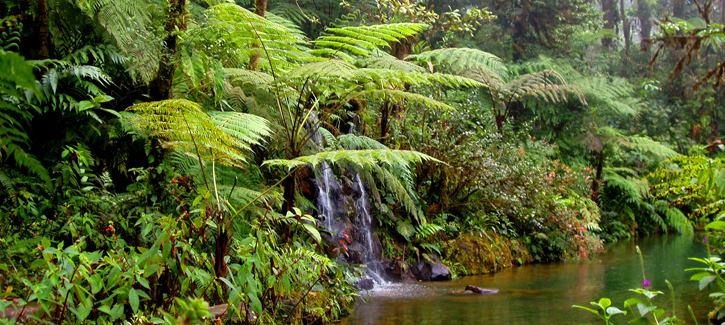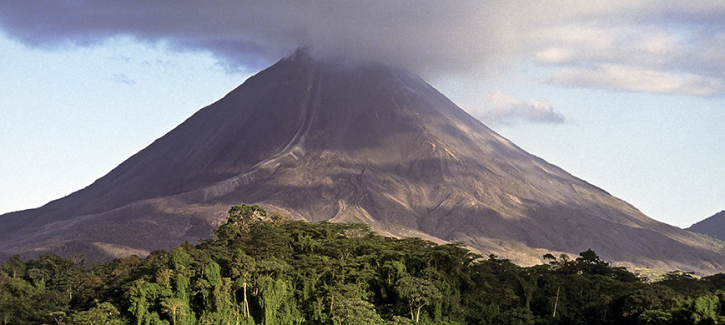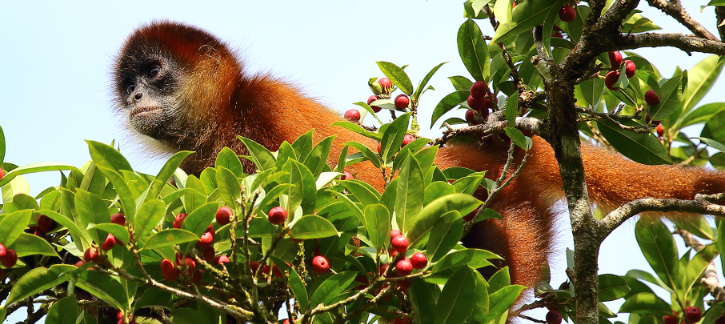





The US Center for Disease Control recommends that individuals traveling to all developing countries, including Costa Rica, receive vaccinations for Hepatitis A and Typhoid. As of January 31, 2024, there are no reported outbreaks of Hepatitis A or Typhoid in Costa Rica. There have been a few isolated cases, as there are diseases that can occur in developed countries also.
The way either of these diseases spread is by contaminated needles and contaminated food or water. Below are some thoughts on how to approach food and water in Costa Rica.
It is important to mention that Costa Rica has one of the strongest health systems. Statistics from the World Health Organization (WHO) frequently place Costa Rica in the top country rankings in the world for long life expectancy.
On the other hand, the aqueducts are highly efficiently, although it normally faces some sort of scarcity during the driest months of the year, the water supply is very reliable and high quality with a few exceptions.
Can I drink the tap water?
Yes, for your hotel in San Jose, and any of the more mountainous regions you may visit, such as Monteverde, Arenal or the Savegre area, where the water is not only safe but, in many cases, exceptionally pure.
If you’re in a lowland area or down on the coast, you should be more wary. Ask if the hotel has filtered water and if not, stick to bottled. This is especially true on the Caribbean coast, which is generally less developed.
We wouldn’t say you can drink the water anywhere; be careful in the lowlands and never ever drink water from rivers, streams or waterfalls.
What we are saying is that in most locations the tap water is clean, and if you follow the geographical guidelines above you won’t have to worry. And if you’re unconvinced, bottled water is cheap and available, and our staff will be happy to procure it for you.
As for food:
We know that travelers can be wary of eating locally prepared foods, especially where salads and regional produce are concerned. We think this is very good practice, but we’re happy to say that in Costa Rica it does not need to be as high a concern. Costa Ricans have high cultural standards for hygiene, and luckily for the visitor these standards carry over into the preparation of food.
So, if you’re in a restaurant or local market and curious to try that vegetable you’ve never seen before but also worried about getting sick, we recommend the following ground rule: keeping up the same judgment you apply in your own country, if it looks good go for it! Make sure to wash the fruit and vegetable and your hands!
Even if standards of hygiene in Costa Rica are comparable to those in the developed world, mild digestive upsets can often happen when you travel to a new place. If this happens it is generally best to let it run its course. Eat very little; avoid dairy products and rich, spicy, and fried foods. Drink a lot—carbonated drinks are best. If you don’t have a remedy with you and you want one, ask us. If diarrhea or vomiting last for more than 24 hours then let us know, as we have doctors on call.